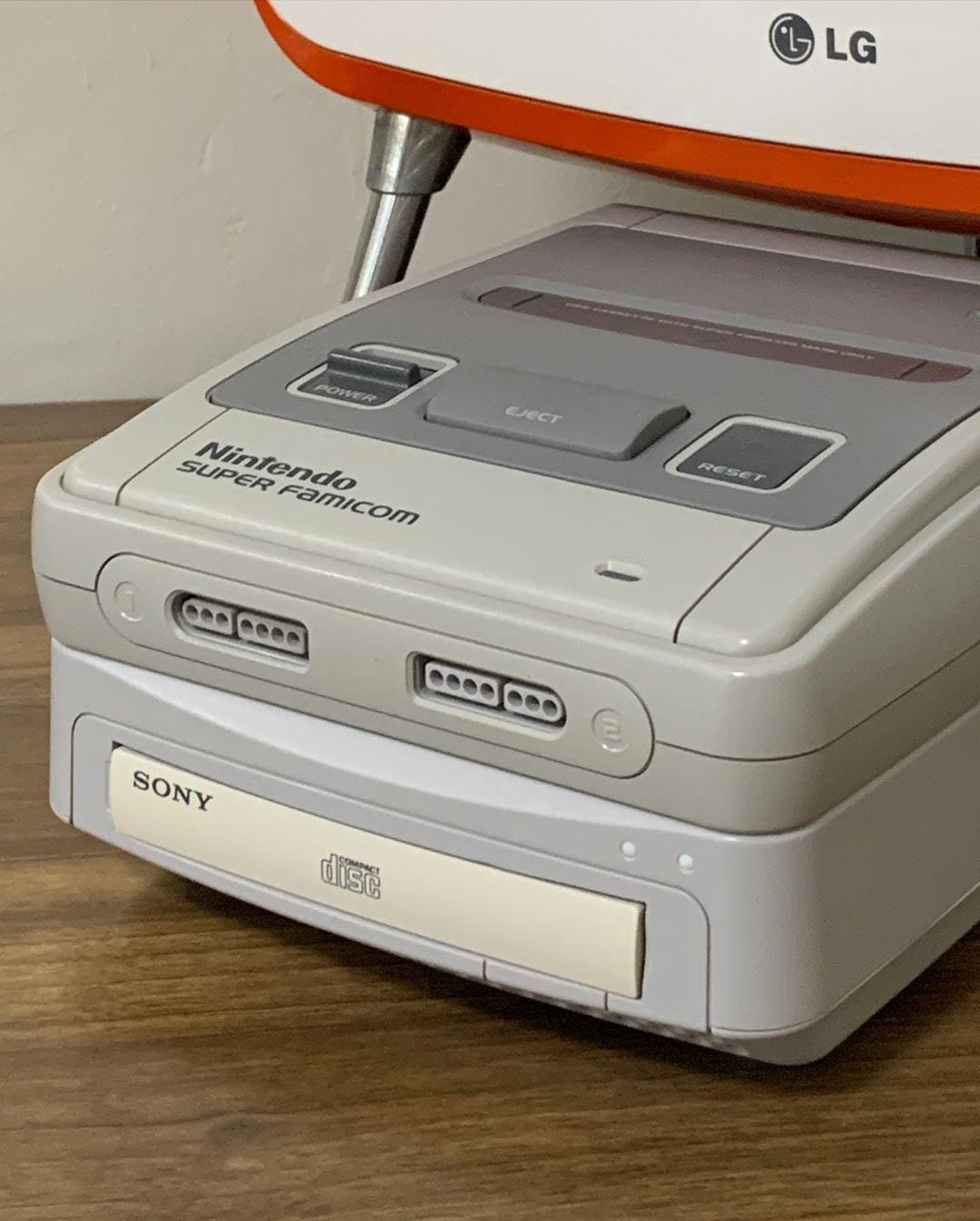So I think we all know the infamous story of how Nintendo sought out CD ROM technology in the early nineties and made decisions that lead to the creation of the Sony Playstation AND the disastrous Philips CD-i.
I was talking with a co worker about the story today and for the first time in my life, I came across a plot hole in the story that neither of us knew the answer to.
If Nintendo wanted a disc based solution going into the 90s, then why, after the debacle of switching from Sony to Philips, did we end up with the Philips CD-i and not, for example a Nintendo CD-i? We know that the contract allowed Philips to use Nintendo IP and that's how we got such great legends as Zelda Wand of Gamelon and Hotel Mario but...
Nintendo's next console was the N64. It stuck with cartridges. What was the whole point of that? Why did Nintendo just decide to reverse course after getting that close to a new medium before anyone else?
I tried doing my own research and I can't seem to find that one detail though I did find the original NYT article from 1991 talking about the whole ordeal! Blast from the past! https://www.nytimes.com/1991/06/03/business/nintendo-philips-deal-is-a-slap-at-sony.html
Big thank you to anyone who knows the missing details to this well known story!
I was talking with a co worker about the story today and for the first time in my life, I came across a plot hole in the story that neither of us knew the answer to.
If Nintendo wanted a disc based solution going into the 90s, then why, after the debacle of switching from Sony to Philips, did we end up with the Philips CD-i and not, for example a Nintendo CD-i? We know that the contract allowed Philips to use Nintendo IP and that's how we got such great legends as Zelda Wand of Gamelon and Hotel Mario but...
Nintendo's next console was the N64. It stuck with cartridges. What was the whole point of that? Why did Nintendo just decide to reverse course after getting that close to a new medium before anyone else?
I tried doing my own research and I can't seem to find that one detail though I did find the original NYT article from 1991 talking about the whole ordeal! Blast from the past! https://www.nytimes.com/1991/06/03/business/nintendo-philips-deal-is-a-slap-at-sony.html
Big thank you to anyone who knows the missing details to this well known story!






